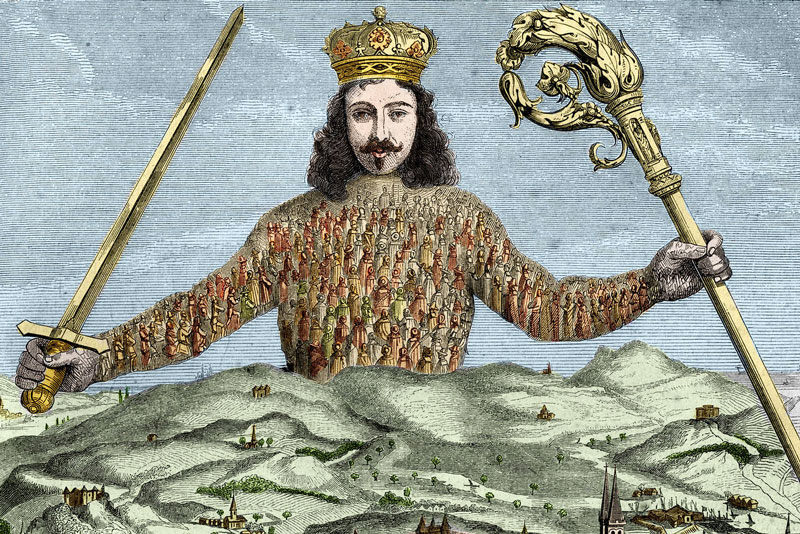

Hobbes says that "men are continually in competition for Honour and Dignity" (p. He has no room for natural motivations in the direction of, e.g., helpfulness.) Two points:ġ. So the only way reason discerns for us to escape the horrors of the state of nature, according to him, is to set up an external power to channel those self-interested motivations, through fear, away from unrestricted aggressive competition. Individual human motivations, according to Hobbes, are essentially self-oriented. (Even though reason, which discerns the necessity for the political construction, is presumably part of our nature. For Hobbes, sociableness in human beings is artificial as opposed to natural. bees and ants), but he insists that this isn't so with human beings. 225 Hobbes concedes that there are creatures that are naturally sociable (e.g. 227): this authoritarian political theory is supposed to have the same status as the laws of nature that is, it's a theorem of the science of moral philosophy.Ĭ. "The only way to erect such a Common Power" (p. If the state were a party to the contract, it would have obligations. The contract (covenant) is between the ordinary people, not between them and the "Artificiall Man." This leads to absolutism.
.jpg)
Anything will do, so long as fulfills the necessary function.Ģ. For the purposes of Hobbes' argument, the specific shape of political institutions evidently doesn't matter (monarchy, democracy, aristocracy, ). For all Hobbes says here, it might be, e.g., all the property owners, or all the people of aristocratic birth.) In either case, the artificial person "beareth the Person" of the parties to the covenant that is, it speaks and acts for them (its speakings and doings count as theirs). (Democracy? It depends on how the assembly is constituted. 81) pictures as "an Artificiall Man." This artificial person may be embodied in a single ordinary person (monarchy), or in the majority voice of an assembly. It isn't just that people need to renounce the unlimited right of nature they need to transfer their power to "that great Leviathan," the state, which Hobbes in his Introduction (p. This leads into an account of the "Generation" (origin) of the commonwealth (state): pp. 227-8.

But people won't restrain themselves except out of fear of a "visible Power."Īn extra point: there needs to be political organization for protection against external threat as well as to avoid civil war.ī. So achieving these goals requires accepting "restraint."ģ. Without political organization, the "naturall Passions of men" tend to a condition of war, in which the goals towards which these passions are directed, of "preservation" and "a more contented life," are actually frustrated.Ģ. XVII starts with a useful recapitulation of Hobbes' argument:ġ.


 0 kommentar(er)
0 kommentar(er)
